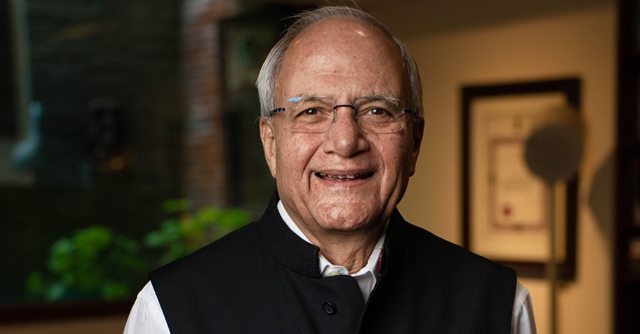
India must become quantum secure in 2-3 yrs: Ajai Chowdhry


As quantum technologies continue to progress and advance rapidly, existing cybersecurity techniques are no longer adequate. Quantum computers can easily break the current cryptographic algorithms, Ajai Chowdhry, Chairman of the Mission Governing Board for the National Quantum Mission (NQM).
“We must start working to make India quantum secure in the next two to three years,” he told TechCircle. “BFSI (banking, financial services and insurance) being a critical sector, banks and the RBI (Reserve Bank of India) must take a leadership position here, followed by securing electric grids and defense establishments.”
Chowdhry cited the example of the US’ preparedness in this area. To be sure, the US government led by President Joe Biden signed into law the “Quantum Computing Cybersecurity Preparedness Act” in 2022. This law aims to address the concerns around current encryption protocols that are vulnerable to comprise as result of quantum computing.

Speaking further about quantum computers, Chowdhry informed that India is all set to get a 6-qubit quantum computer. “Our first quantum computer is now ready, developed through the collaboration of the Department of Defence (DoD), Tata Institute of Fundamental Research, and TCS. A 6-qubit system has been recently tested and found to function perfectly.” Chowdhry said that next target is to develop 25-qubit system in the next three years.
The NQM was approved by the Union Cabinet with an outlay of ₹6,000 crore in April 2023. The lion's share of the fund is allocated to the Department of Science and Technology, while the remaining is distributed between the Department of Defence (DoD), the Department of Space, and the Department of Atomic Energy.
Under NQM, DST is also setting up a grant for start-ups. “In March, we began exploring startups. We reviewed around 40 to 50 startups and invited 14 of them to present their ideas to us. We gained valuable insights into the startup ecosystem and were pleasantly surprised to find that some already had products in the market, particularly in the communication sector, with both domestic and international reach,” Chowdhry said. He added that given the multidisciplinary nature of the technology, higher funds, up to ₹25 crore are being contemplated, subject to the kind of work a select startup is engaging in.

To further nurture talent in this sector, the government also partnered with the technical education board AICTE to roll out two courses in quantum technologies. “Once quantum computers and quantum cryptography become mainstream, which will happen probably in four to five years, there will be a surge in demand for niche talent. We are initiating these educational programs in anticipation of the big upcoming rush.”
